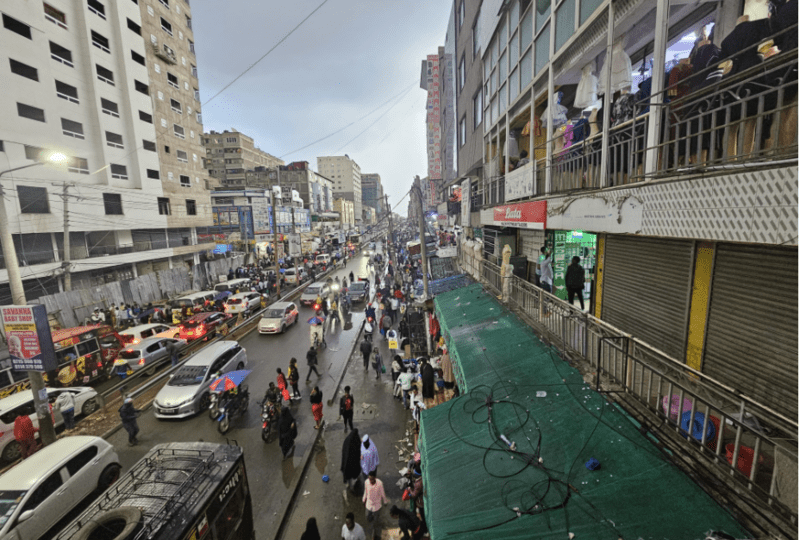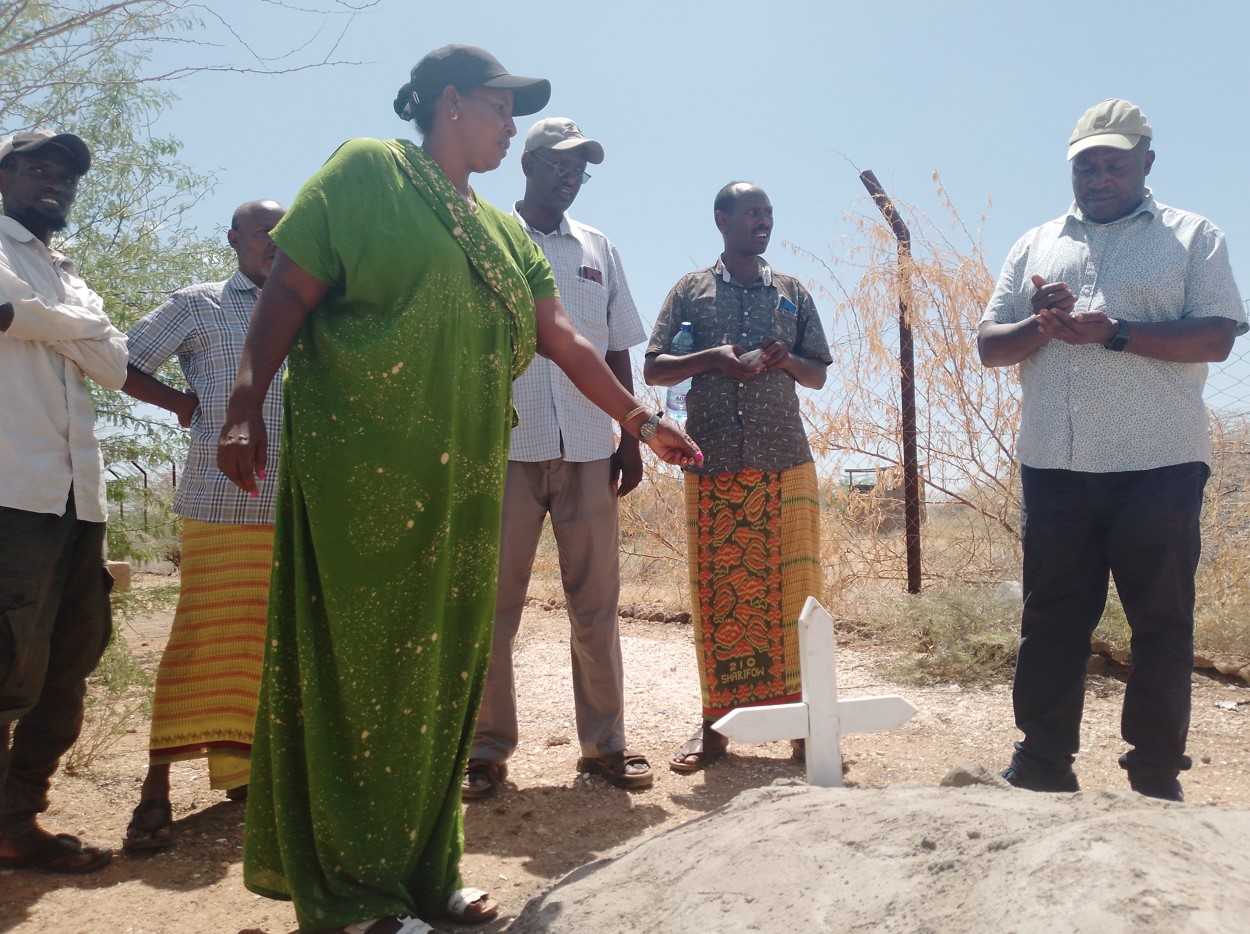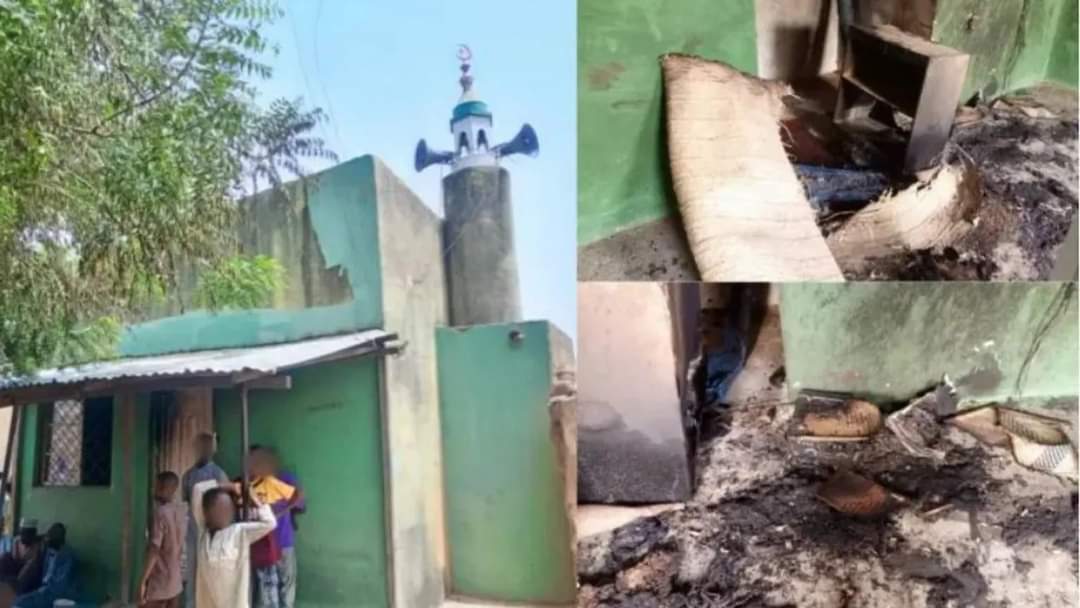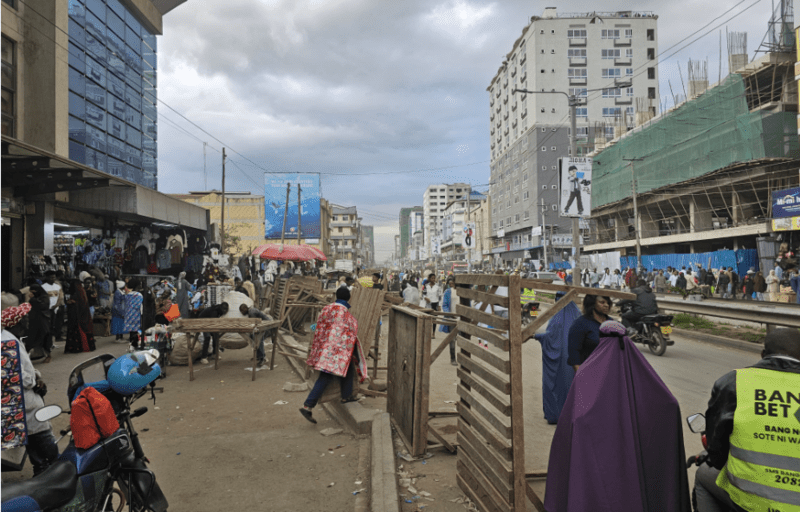Parliament calls for views on proposed anti-livestock theft bill
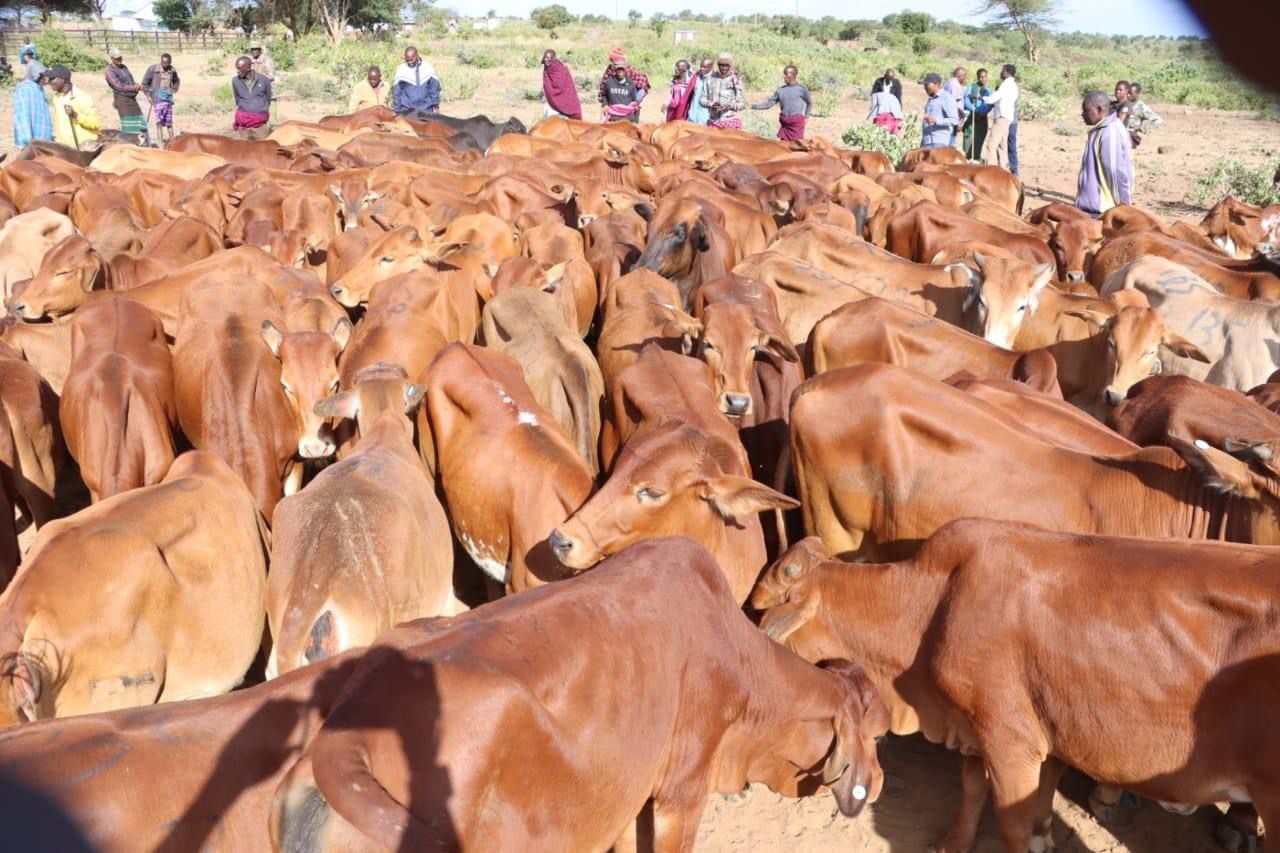
The bill obligates the government to protect livestock-keeping communities from theft and enhance their socio-economic welfare.
The National Assembly has invited the public to make submissions on the proposed Prevention of Livestock and Produce Theft Bill, 2023, which provides a legal framework for the identification of livestock, their movement, and trade, to curb theft.
The bill sponsored by Nandi Senator Samson Cherarkey and his North Imenti counterpart Abdul Rahim Dawood obligates the national and county governments to put in place measures to protect livestock-keeping communities from theft and enhance their socio-economic welfare through education and the promotion of alternative means of livelihood.
Related Stories
This will be done through the branding of livestock and issuance of permits in the event of their transportation to facilitate tracing and recovery.
The bill, if passed, will play a complementary role to the North Rift National Security Strategy Marshal Plan, through which the government plans to dig boreholes, dams, and roads, and build boarding schools in the region as a long-term strategy to win the fight against banditry and cattle rustling.
An agreement to set up security roads and boarding schools along the borders was reached last year to ensure that children mix up in schools and embrace a culture of unity.
"This will ensure that children from Pokot, Turkana, Samburu, Marakwet, Turgen and all other communities study together. A few individuals will not derail the ongoing peace plans by taking people to heaven; we shall be the ones to take them there. Our security forces will deal with you," Defence Cabinet Secretary Aden Duale said during his tour of the region in September last year.
At the time, the Ministry of Transport committed itself to building 13 road projects, including one in Kimnai Tiaty Constituency, that will connect Elgeyo Marakwet and Baringo counties across the Kerio River as the Kenya Defence Forces (KDF) continues with the construction of schools and increases its presence in the region.
In the first phase of the plan, set to cost Sh2 billion, hospitals, markets and boreholes have been earmarked for construction.
Criminal offences
The bill makes illegal possession of stolen livestock, their killing, tampering with their identification (branding), and their unlawful conveyance a crime.
If approved by the National Assembly, it will repeal Section 278 of the Penal Code, which currently provides for the offence of stealing stock, as well as the Stock and Produce Theft Act (Cap. 355) and the Branding of Stock Act (Cap. 357).
"In compliance with Article 1(b) of the constitution and Standing Order 127 (3), the clerk of the National Assembly hereby invites the public and stakeholders to submit memoranda on the bill to the respective Departmental Committees. Copies of the bills are available at the National Assembly Table Office, main Parliament buildings and on the Parliament's website," a notice issued by the clerk of the National Assembly on Monday notes.
Once the bill becomes law, a platform for collaboration among governments, communities and relevant agencies will be established to aid in preventing, combating and eradicating livestock theft.
Additionally, a national database system for communication, sharing and analysis of information relating to livestock will be established, as will a mechanism for the disarmament and confiscation of firearms and ammunition illegally held by livestock owners.
It adds that every livestock owner shall, before the livestock attains the age of six months, brand it or cause it to be branded with a registered brand of which the livestock owner is the proprietor.
The branding must be conspicuous and safe for the animal and the consumer of the final product of the livestock.
Removal permits
A livestock owner who intends to move livestock from the premises where they are ordinarily kept for sale, slaughter or any other purpose shall obtain a removal permit from the inspector.
The permit shall indicate the particulars of the livestock owner, the date of the removal of the livestock, the purpose for the removal, the number of livestock to be moved, where they are being moved from and the destination, and, in the event of sale, the particulars of the buyer and evidence of sale.
Abattoirs shall include details of the livestock slaughtered and the particulars of the owners. In the event the animals are delivered by a second party, the particulars of the person shall be recorded alongside their role in the movement (agent, carrier or purchaser) and the date of delivery.
A livestock owner who fails to register his stock is liable to imprisonment for a term not exceeding a year or a fine of Sh100,000.
A person who brands another's animals as theirs or alters the identity of another's brand to conceal or disguise the identification of such livestock commits an offence of theft and is liable to imprisonment for a term not exceeding 14 years or to a fine not exceeding Sh1 million, or both.
Any person who trespasses on enclosed land to steal livestock shall be liable, upon conviction, to a fine not exceeding Sh500,000, seven years' imprisonment, or both.
No person shall, without lawful authority, drive, convey or transport any livestock along a public road unless in possession of a document of identification issued by the owner of such stock or a duly authorised agent of such an owner and the removal permit.
A person who kills any livestock with the intent to steal the skin or carcass, or any part of the skin or carcass, commits an offence and shall be liable to imprisonment for a term of not less than 10 years.
Top Topics This Week
Gikomba Market
flash floods kenya
heavy rains kenya
marikiti
safaricom internet outage
Finance Bill 2024
kenya finance bill
Finance Bill
Floods in Kenya
Mathare
Nairobi River
Mathare flood victims
Govenor Sakaja
unplanned developments
Isiolo County
vocational courses
scholarships
Eastleigh
Eastleigh Business District Association
Hawkers
Trending

Garissa set to host Northern Frontier's first industrial park as state releases funding
Barack Oduor
|
2 days ago

Learners report back to school across the country after floods delay
Eastleigh Voice Team
|
3 days ago

Floods bring blessing for youth harvesting metals from Nairobi River for resale
Abdirahman Khalif
|
1 week ago

Mombasa and Embu counties agree to regulate sale of muguka and miraa to minors
Farhiya Hussein
|
1 day ago
EGYPT-UN-PALESTINIAN-ISRAEL-CONFLICT-BORDER-AID
Dennis Tarus
|
6 months ago


